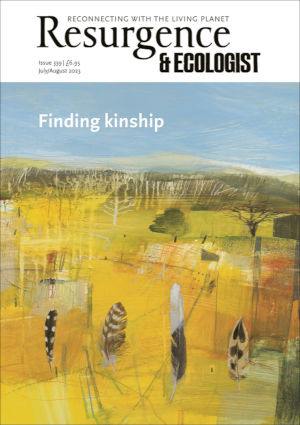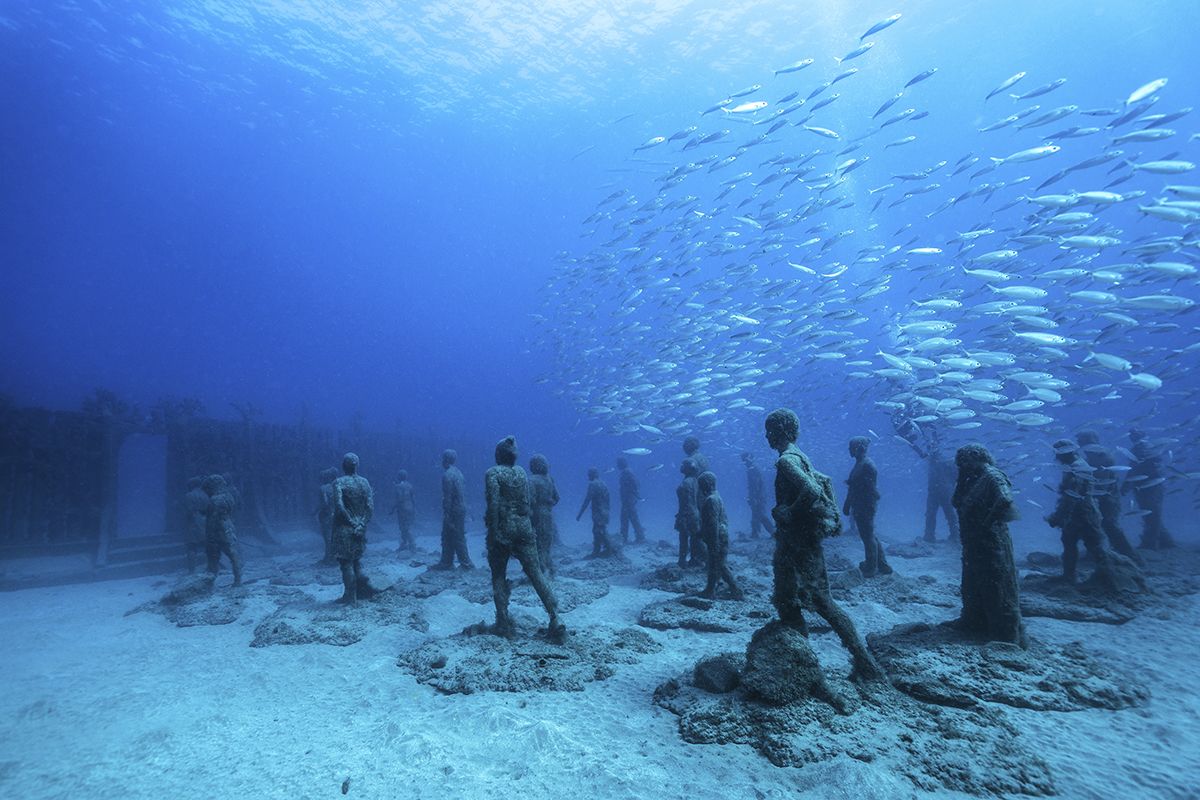Over my 20 years of working to protect the ocean I have had the privilege both to observe the beauty of the ocean and to witness some of the more barbaric practices happening at sea. I have spent time with coastal communities around the world, lobbied for protected areas at sea, exposed destructive and illegal fishing practices, including labour abuse and slavery at sea, campaigned to save the whales, and pushed for sustainable seafood. I am currently campaigning to secure a moratorium on deep-sea mining, an industry that will cause irreversible harm to life in the deep ocean and one that risks disturbing locked-away carbon.
Against this backdrop I have pushed, alongside many others, for comprehensive governance of the high seas. The high seas are those areas of the ocean that do not belong to any one nation and therefore belong to all of us. They make up 64% of the ocean, which translates to almost half our planet. Until March this year there was no single legal instrument that protects life in the high seas, but after two decades of campaigning we now have a high seas treaty. This still needs to be ratified before it enters into force, but it is a long-overdue milestone in terms of recognising the import-ance of healthy oceans.
In my efforts to tackle the problems facing the ocean, I founded a non-profit called Women4Oceans (W4O). Through W4O I emphasise the need for better diversity and inclusion in the ocean space. We can’t find solutions to the most pressing problems we face by perpetuating the very model that caused them. Our diversity is our strength. We are beginning to understand this concept in the business world but have yet to embrace it in ocean conservation and governance.
The climate crisis is now widely understood as a threat to our survival. But the relationship between the oceans and our climate is still understated. Our oceans too are at a tipping point. The ocean regulates our climate and provides us with much of the oxygen we breathe, and there’s no doubt a healthy ocean is our best defence against the climate crisis. The ocean absorbs 90% of the heat and 25% of the CO2 in our atmosphere.
Just before the global pandemic hit, I decided that I wanted to improve our general knowledge of the ocean and our relationship with it. Many people want to learn more about the ocean but don’t know where to begin. There are plenty of websites and scientific articles out there, but I couldn’t think of a single comprehensive, easy-to-follow resource. So I set about creating a book that serves as a one-stop shop to explore all the ways our lives affect the ocean and interact with it, from overfishing and climate change to new areas of research such as marine animal welfare and oceans and
human health to the social dimensions of the ocean such as communities, gender, tourism and the blue economy. It brings together the expertise of over 35 ocean specialists. There is so much still to learn about the ocean, but I hope that my book will encourage each of us to carve out our own purpose when it comes to improving our relationship with our ocean planet.







